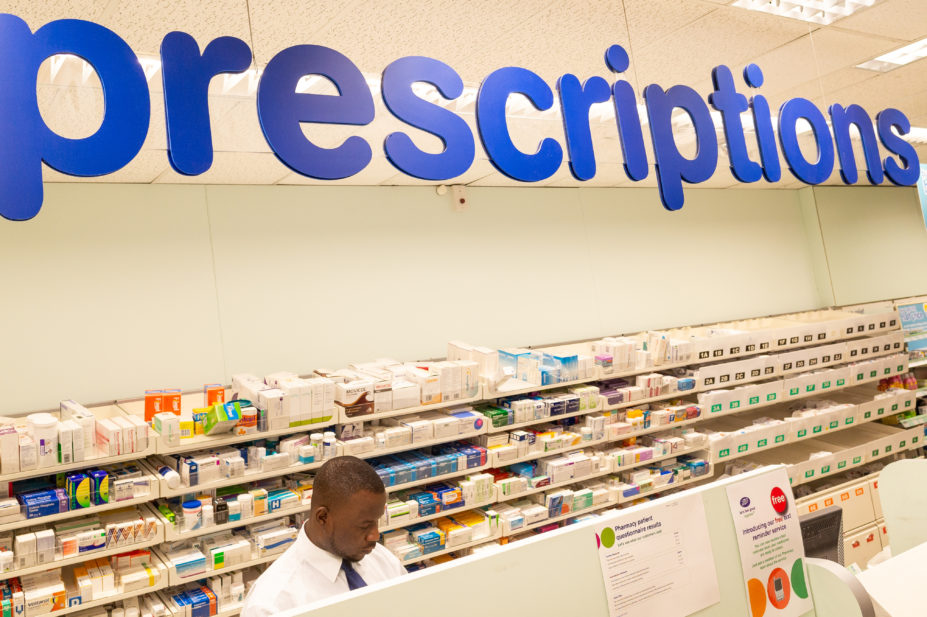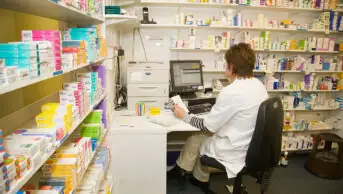
Shutterstock.com
For the first time, undergraduate pharmacy clinical placements will be included in the ‘Education and Training Tariff for England’, which means that employers providing MPharm placements will now receive nationally standardised funding.
While a standard tariff for clinical placements has been in place since April 2013, pharmacy was not previously included.
However, as of 1 September 2022, any undergraduate pharmacy clinical placement taking place in years one to four of the MPharm will be eligible for the tariff.
The announcement was made on 31 March 2022 in guidance published by the Department of Health and Social Care (DHSC) and Health Education England (HEE).
The funding will apply to placements of at least one week long based in hospital trusts, community pharmacies, general practice and primary care networks.
“Work is underway to consider the extension of clinical tariff eligibility to the pharmaceutical industry, but in 2022 to 2023 this sector is not eligible for tariff,” the guidance adds.
The tariff currently stands at £5,000 for each 40.8 weeks of placement activity, plus the market forces factor, which accounts for a difference in regional costs, per full-time equivalent (FTE) clinical placement.
HEE is responsible for administering the tariff payments, which go to placement providers, including NHS hospital trusts and community pharmacies.
The tariff can be used to cover costs including staff teaching time, educational supervisors and teaching and student facilities, including access to library services. It cannot be used to cover tuition fees or relocation costs.
The guidance said: “Work is underway to consider the extension of clinical tariff eligibility to the pharmaceutical industry, but in 2022 to 2023 this sector is not eligible for tariff.”
Under the General Pharmaceutical Council’s (GPhC’s) standards for the initial education and training of pharmacists, pharmacy schools are expected to arrange periods of experiential learning in a range of pharmacy settings.
Before the tariff was introduced, payments for training placements were subject to local arrangements with NHS regions, creating inequalities in funding.
The tariff is intended to “ensure that providers are reimbursed consistently for the training placements they provide”, HEE’s guidance said, as well as to ensure that placements are of “high quality” and that “learners develop the required skills and knowledge to meet their respective professional competencies”.
Calum Pallister, director of finance at HEE, commented: “The changes to national tariff prices in 2022/2023 include additional investment of more than £50m in educational placements.
“This will enable a fairer distribution of the available tariff funding across all professions in scope, and support growth in key areas, including pharmacy for the first time from September 2022”.
“This reform will safeguard the funding for tariff payments across the NHS, provide funding for mandated activity and redistribute some of the existing resources to better support all professions and settings,” he added.
“Going forward, HEE will consult with education providers and health and care partners to identify further improvements to funding clinical placements which sustainably meet the needs of the NHS.”


